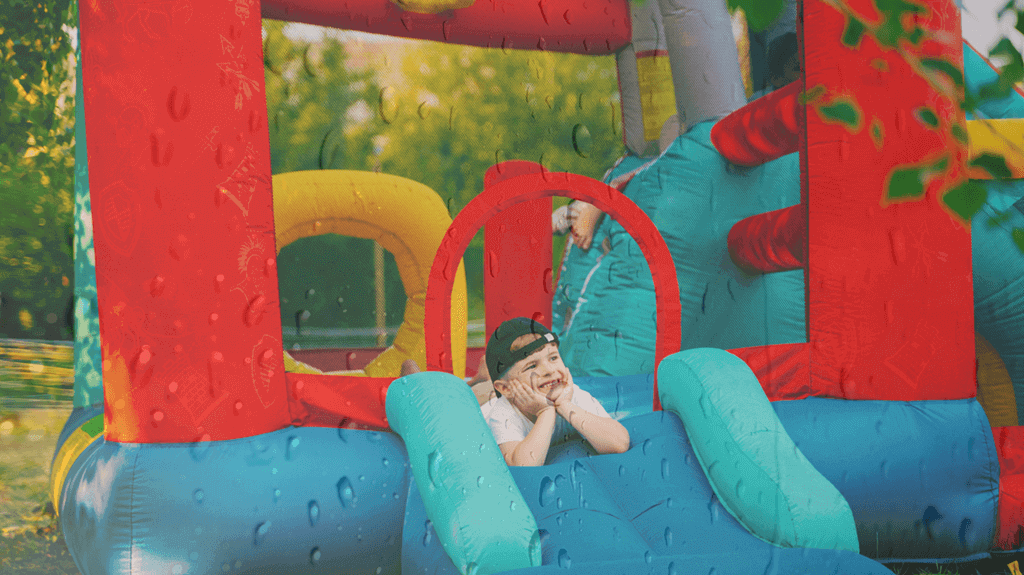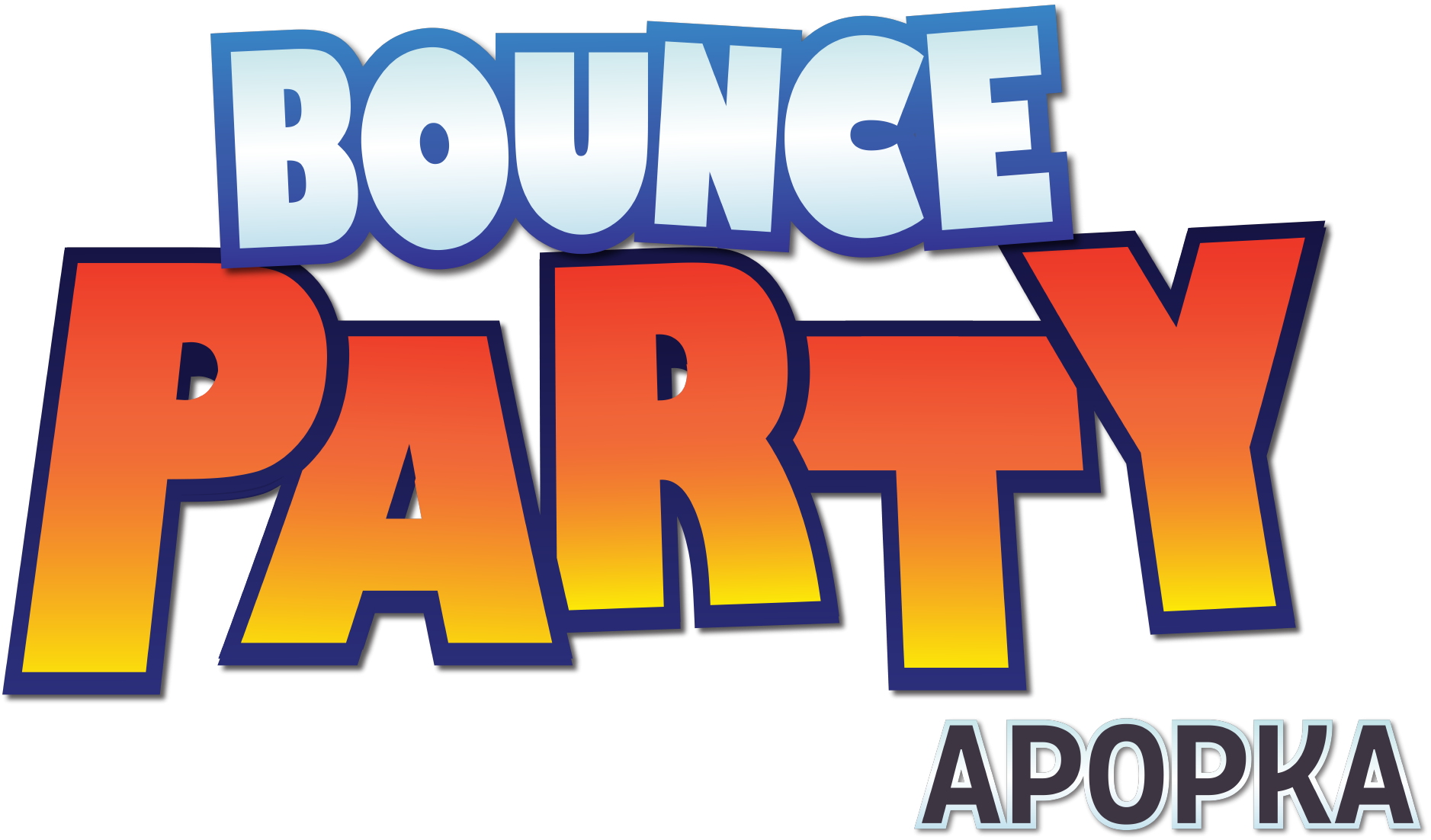Bounce houses are now a common feature at kids’ gatherings and outdoor occasions, offering limitless fun and creating happy moments. But when the weather turns sour, many parents and event organizers face a pressing question: Can you use a bounce house in the rain? This article explores the potential risks and safety concerns associated with operating bounce houses in wet conditions. This insight will help parents and event planners make informed decisions to ensure both fun and safety for all participants. 

Can You Use a Bounce House in the Rain?
It is generally not advisable to use a bounce house in the rain. Wet conditions introduce several safety hazards and can damage the inflatable structure. The primary concerns include slippery surfaces that increase the risk of injuries, electrical hazards from wet equipment, and potential structural instability. Manufacturers and rental companies often advise against using bounce houses in rainy conditions to prevent accidents and prolong the life of the equipment.Potential Risks of Using a Bounce House in Rainy
| Risk Factor | Description |
| Slippery Surfaces | Increased risk of falls and injuries due to wet vinyl. |
| Electrical Hazards | Danger of electric shock if the blower or cords get wet. |
| Structural Instability | Water accumulation can cause sagging or collapse. |
| Wind Gusts | Rain often comes with wind that can displace the bounce house. |
| Material Damage | Seams and fabric can become weak with prolonged water exposure. |
Slippery Conditions
When a bounce house becomes wet, its vinyl surface becomes very slippery. Children jumping around can easily lose their footing, leading to slips, falls, and potential injuries. The fun can quickly turn into a trip to the emergency room.Electrical Risks
The inflation of bounce houses is dependent on electric blowers. Using a bounce house in the rain introduces the risk of water coming into contact with electrical components. This poses a serious hazard of electric shock to anyone nearby.Wind and Weather Instability
Rainy conditions are often accompanied by wind gusts. Wind can cause the bounce house to become unstable or even lift off the ground if not properly secured. This creates a dangerous situation for children inside and anyone nearby.Material and Structural Considerations
Water Damage to Materials
Continuous exposure to water can deteriorate the bounce house material over time. The seams can weaken, and the fabric may become less durable, shortening the lifespan of the bounce house.Mold and Mildew Growth
A wet bounce house that’s not properly dried can become a breeding ground for mold and mildew. This not only damages the equipment but also poses health risks to users.Manufacturer Guidelines
Most manufacturers explicitly advise against using bounce houses in wet conditions. Ignoring these guidelines can void warranties and lead to liability issues if someone gets injured.Insurance and Liability Issues
Liability for Injuries
If someone gets hurt because a bounce house was used in unsafe conditions, you could be held legally responsible. Ensuring the safety of all participants is not just ethical but also a legal necessity.Insurance Policy Restrictions
Using a bounce house in the rain may violate the terms of your insurance policy. This means you could be left unprotected in the event of an accident or equipment damage.Alternatives and Solutions
Indoor Venues
Consider renting an indoor space where a bounce house can be set up safely, regardless of the weather. Indoor venues eliminate concerns about rain, wind, and other outdoor hazards.Weather-Resistant Options
Some companies offer bounce houses designed for wet conditions, such as inflatable water slides or splash pads. These are made to handle water safely and can be a fun alternative.Protective Coverings
While tents or canopies can offer some protection against light rain, they don’t eliminate all risks. Electrical components can still get wet, and wind can still pose a hazard.We offer bounce house rentals in Apopka, Orlando, Altamonte Springs, Ocoee, and many more cities in Florida. Contact us now to get the estimate.
